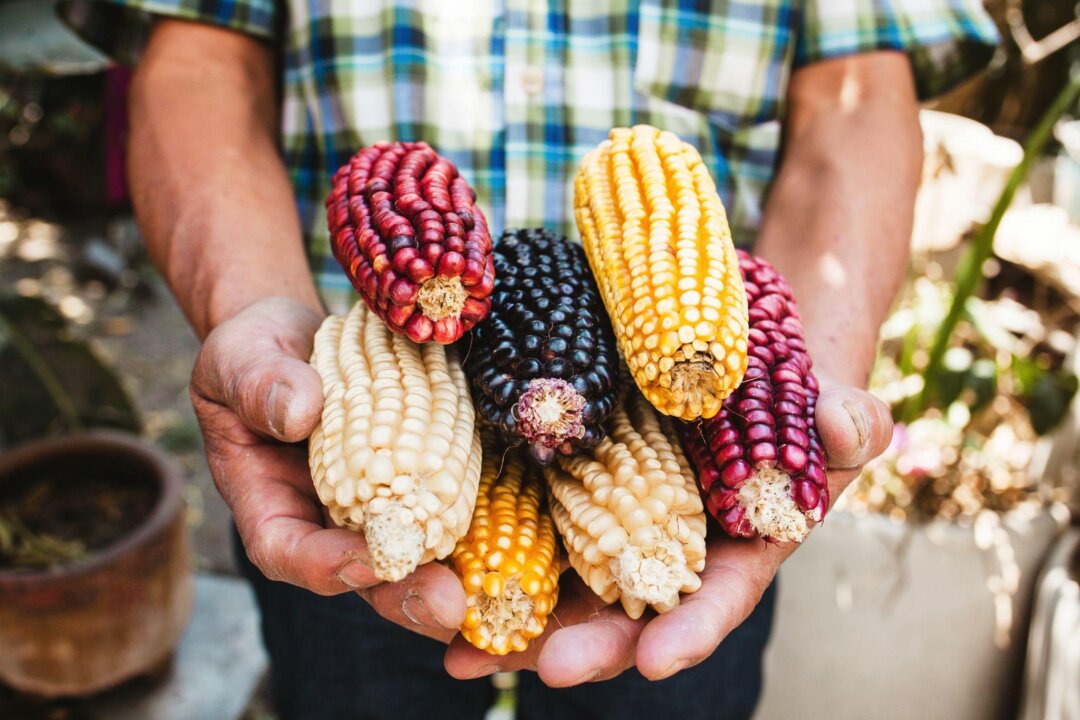Genetically modified organisms (GMOs) have been on the commercial market for many years, yet their safety remains contentious. Is it safe to eat GMO food? Why has GMO corn triggered a trade dispute between the United States and Mexico? Mr. Lin believes that the current dispute over GMO corn involves not only economic interests but also considerations regarding human health and the environment, particularly its impact on the ecological balance.
He pointed out that Mexico views GMO corn from a preventive perspective, fearing the risk of genetic contamination. Specifically, GMO-crop pollen can travel long distances and cross-pollinate with local varieties, potentially altering their genetic composition. In the United States, most corn is planted using seeds from large companies, which produce only a few genetically identical corn varieties for large-scale cultivation.

In contrast, Mexican farmers plant heirloom corn that comes in various colors and sizes. The genetic combinations in different local corn varieties can help corn adapt better to the environment. Introducing GMO corn could potentially affect the genetic diversity of Mexico’s domestic corn.
Scientists have introduced genes that resist herbicides into crops to increase yields. When farmers plant these GMO crops, they can use herbicides to eliminate weeds without harming the crops themselves. Mr.
Lin stated that the Mexican government considers glyphosate harmful to humans, and planting GMO corn will inevitably invol.
















